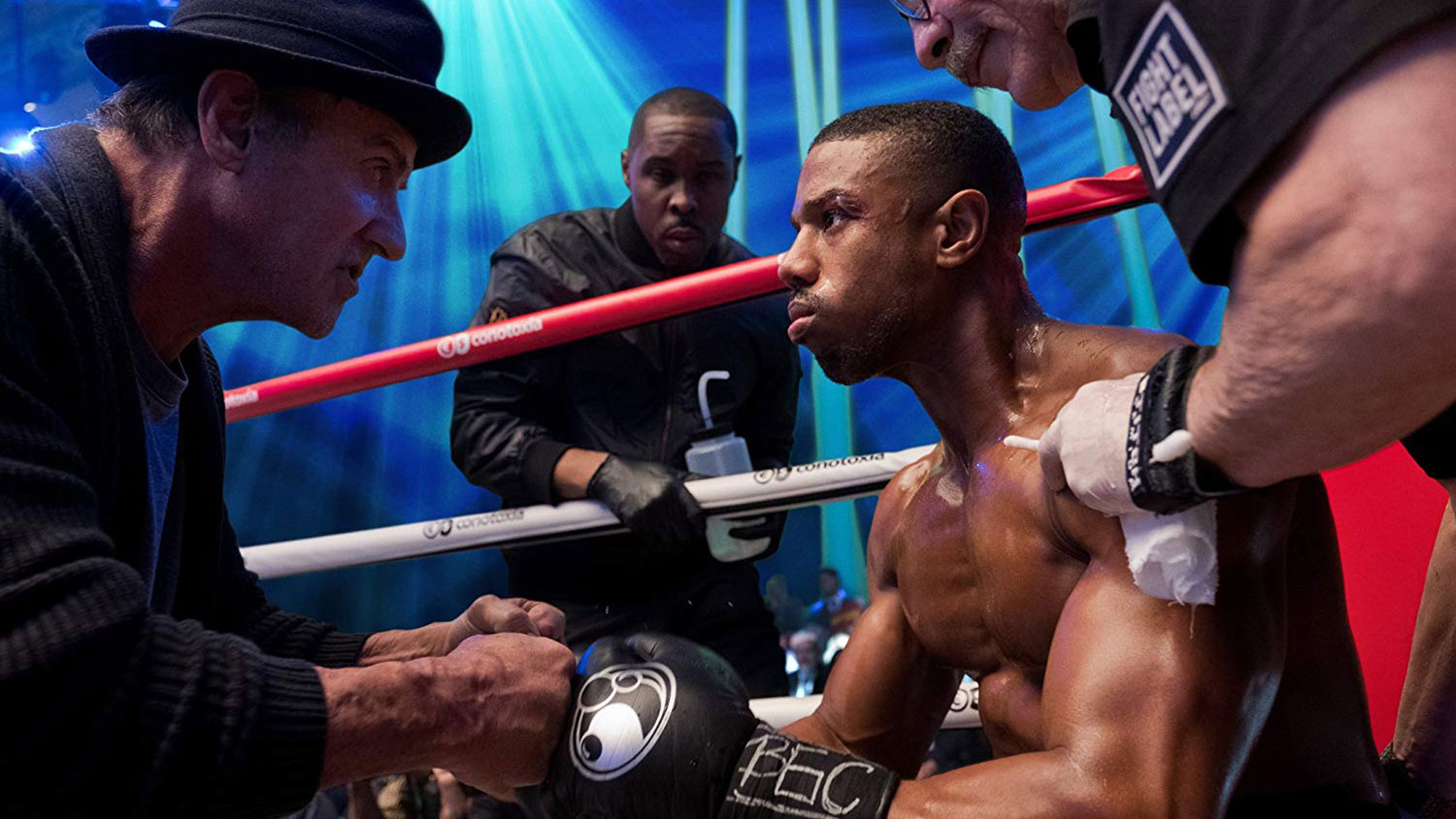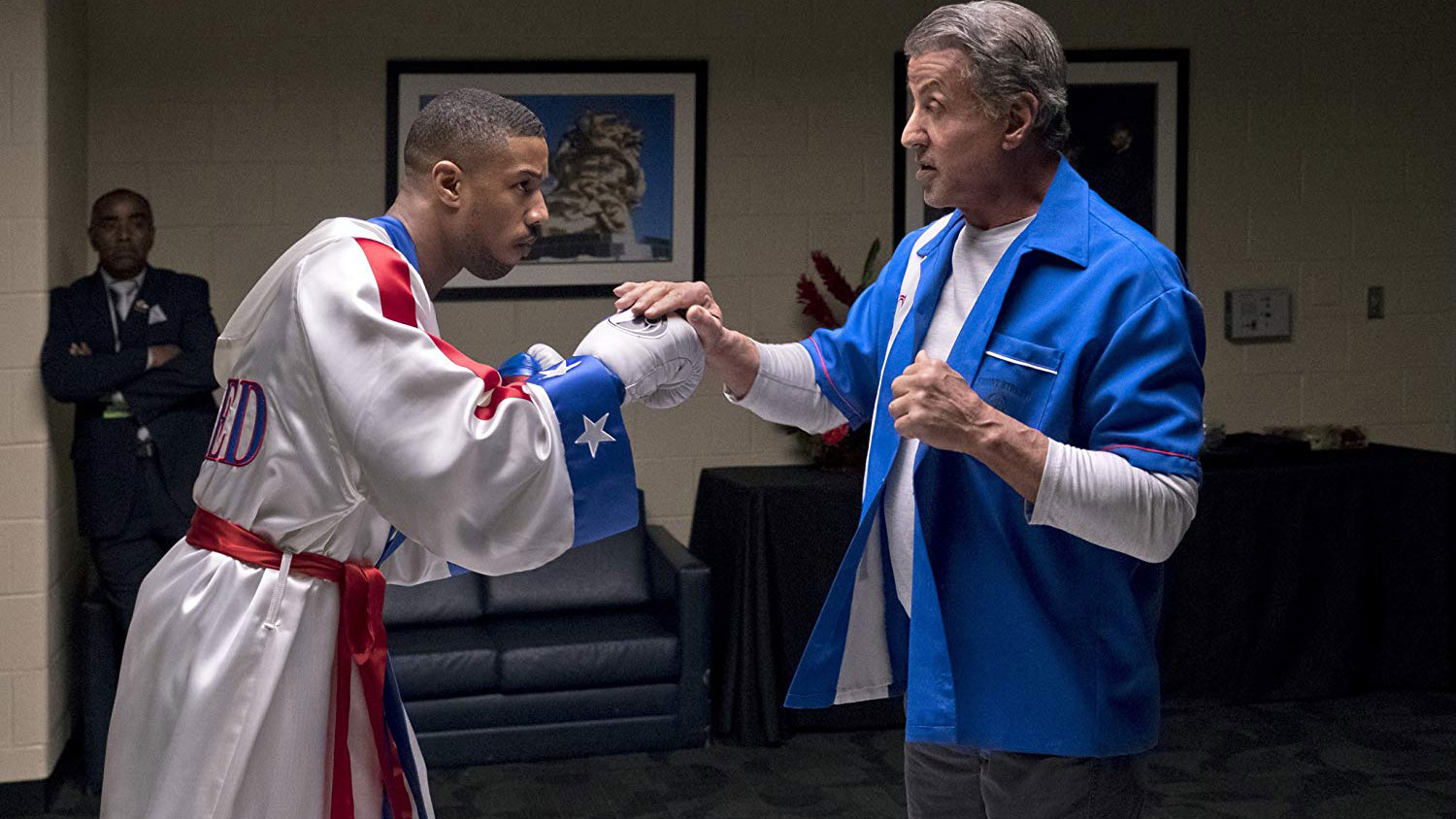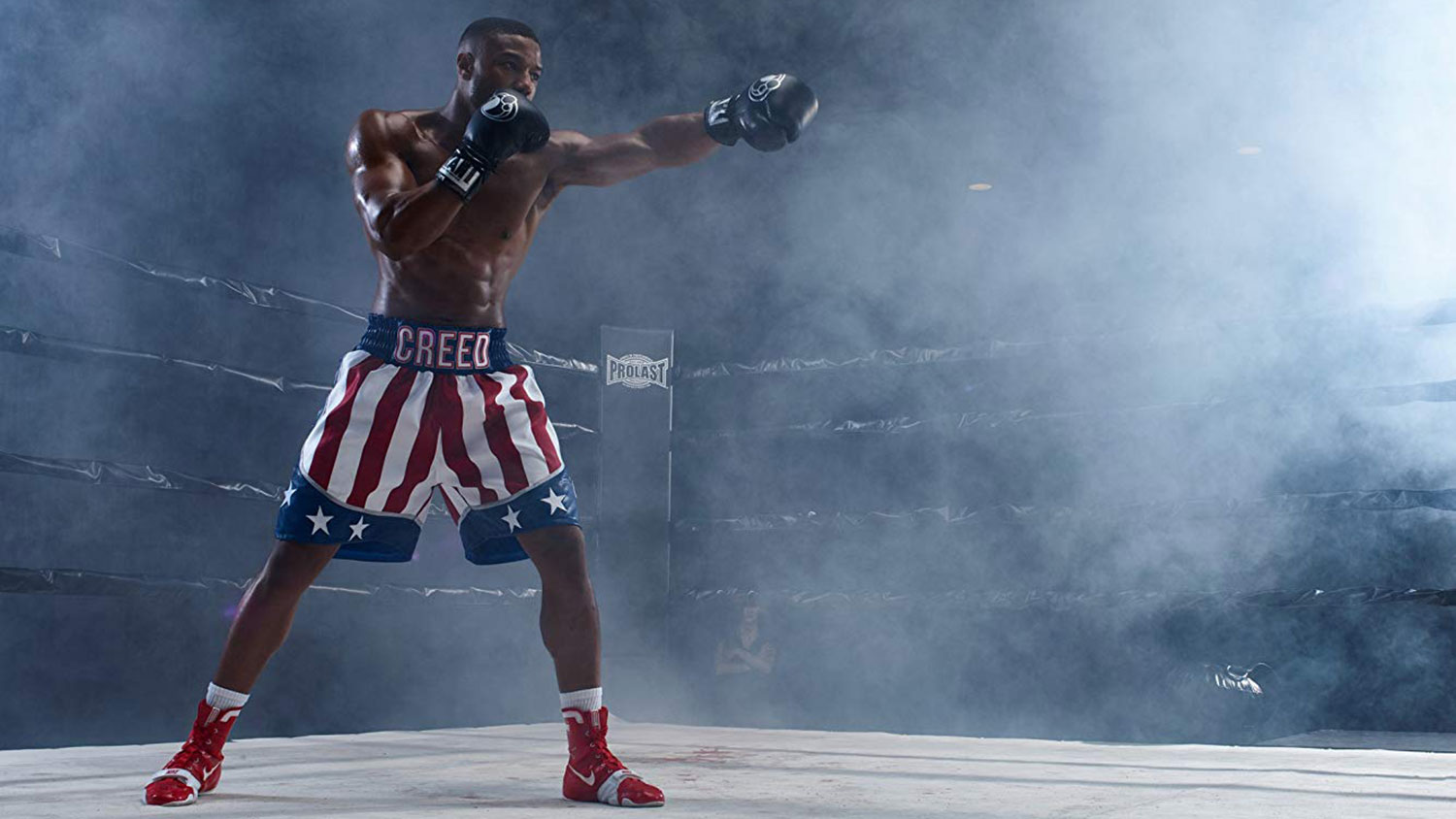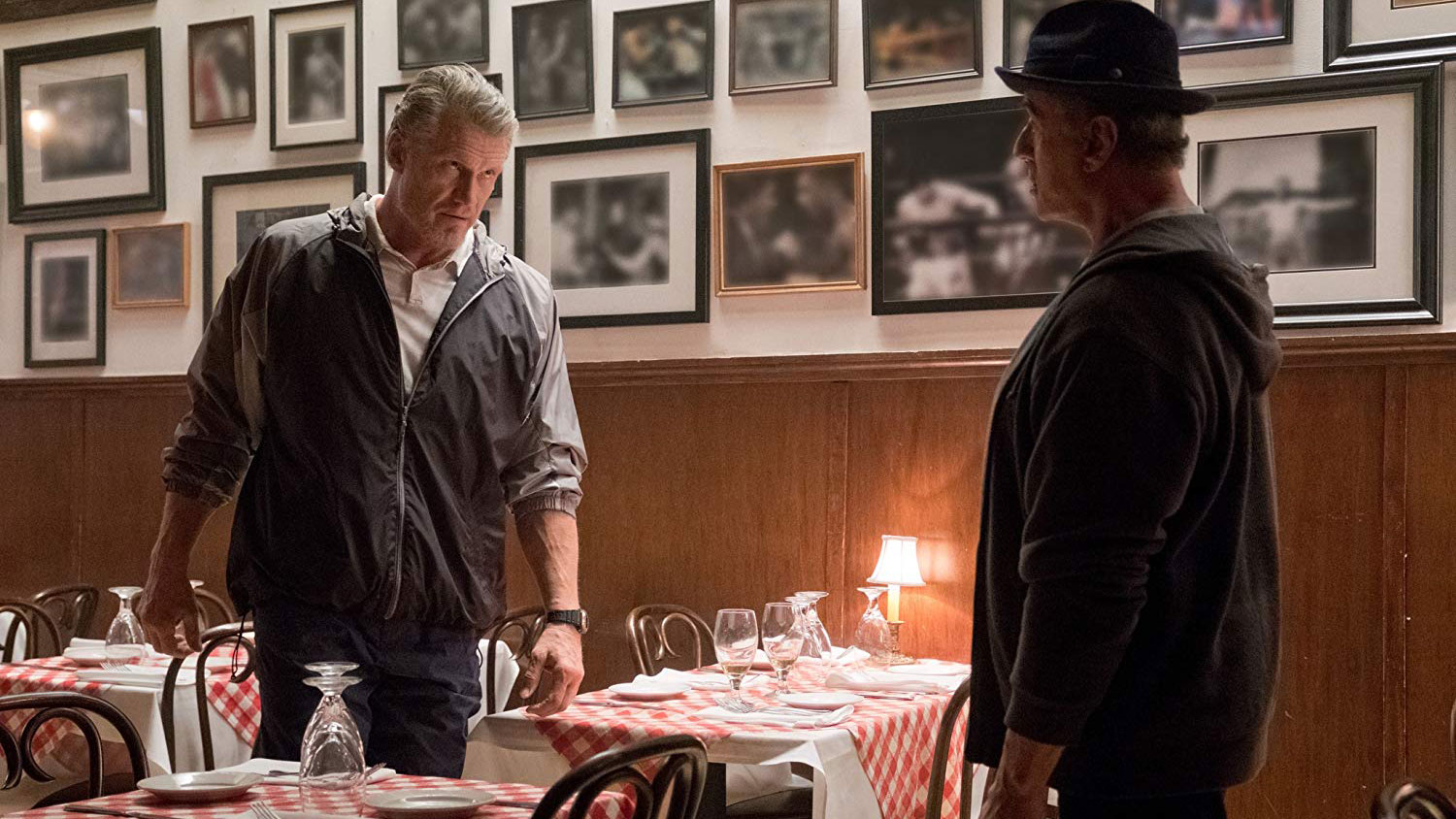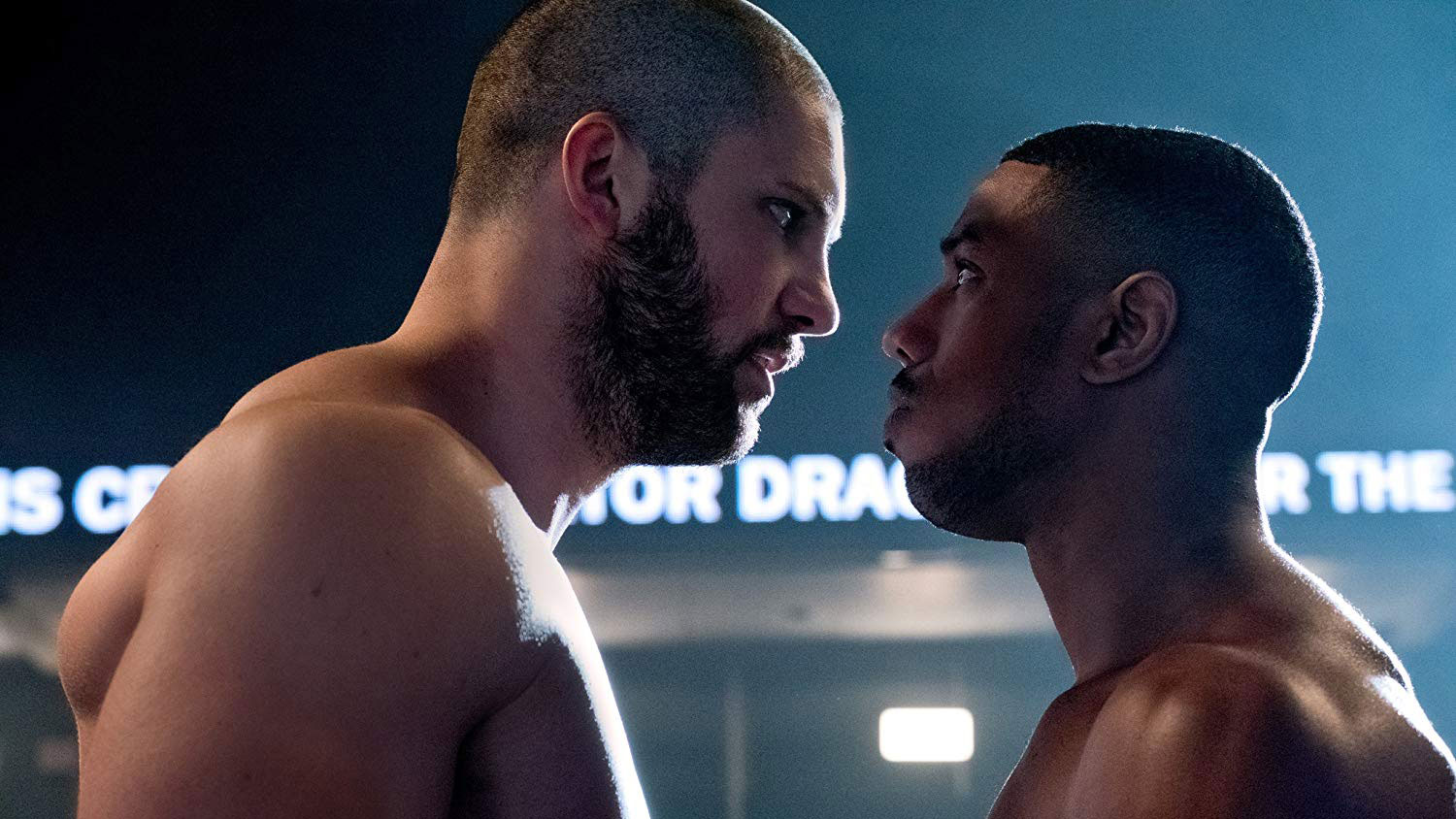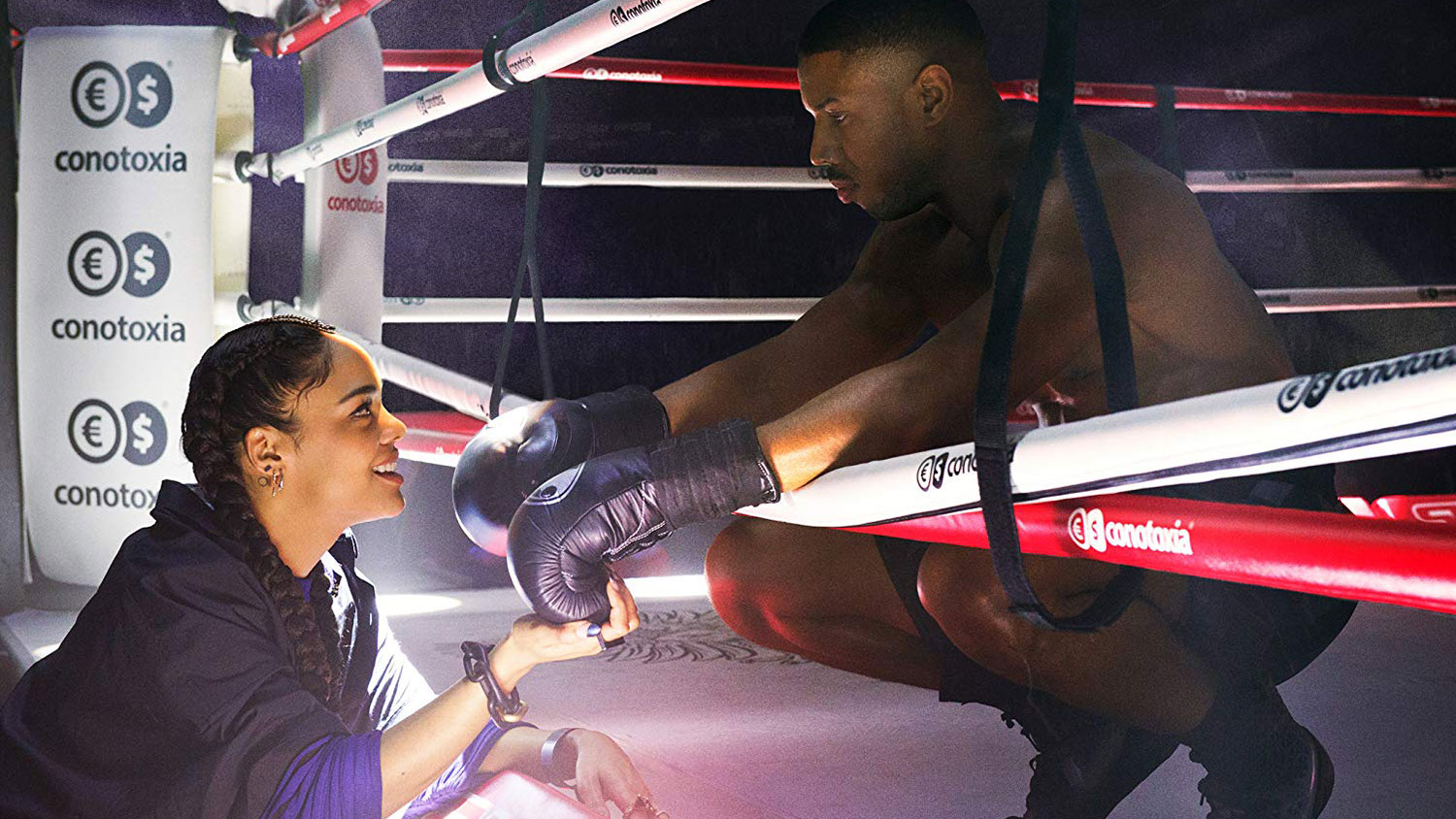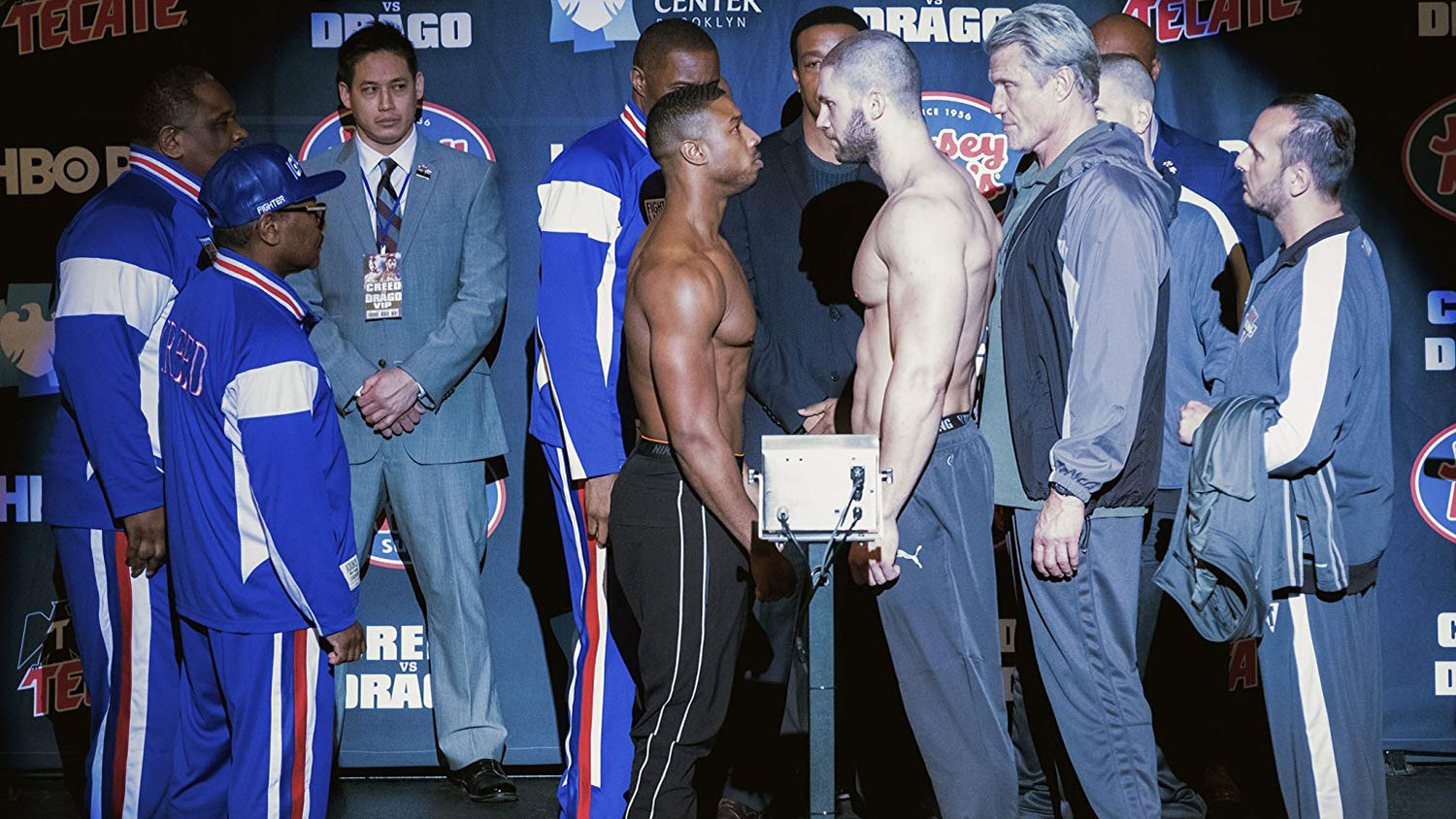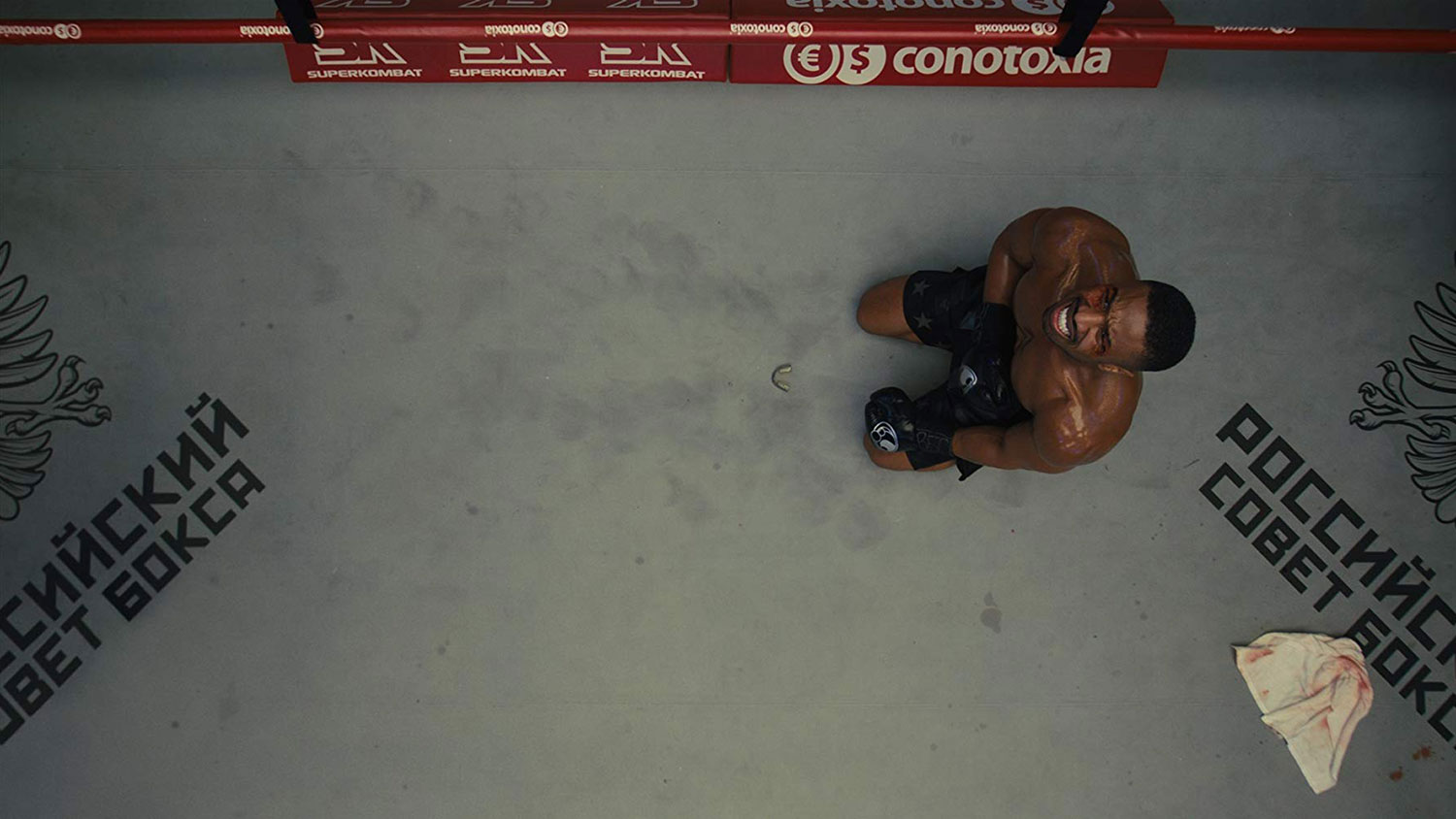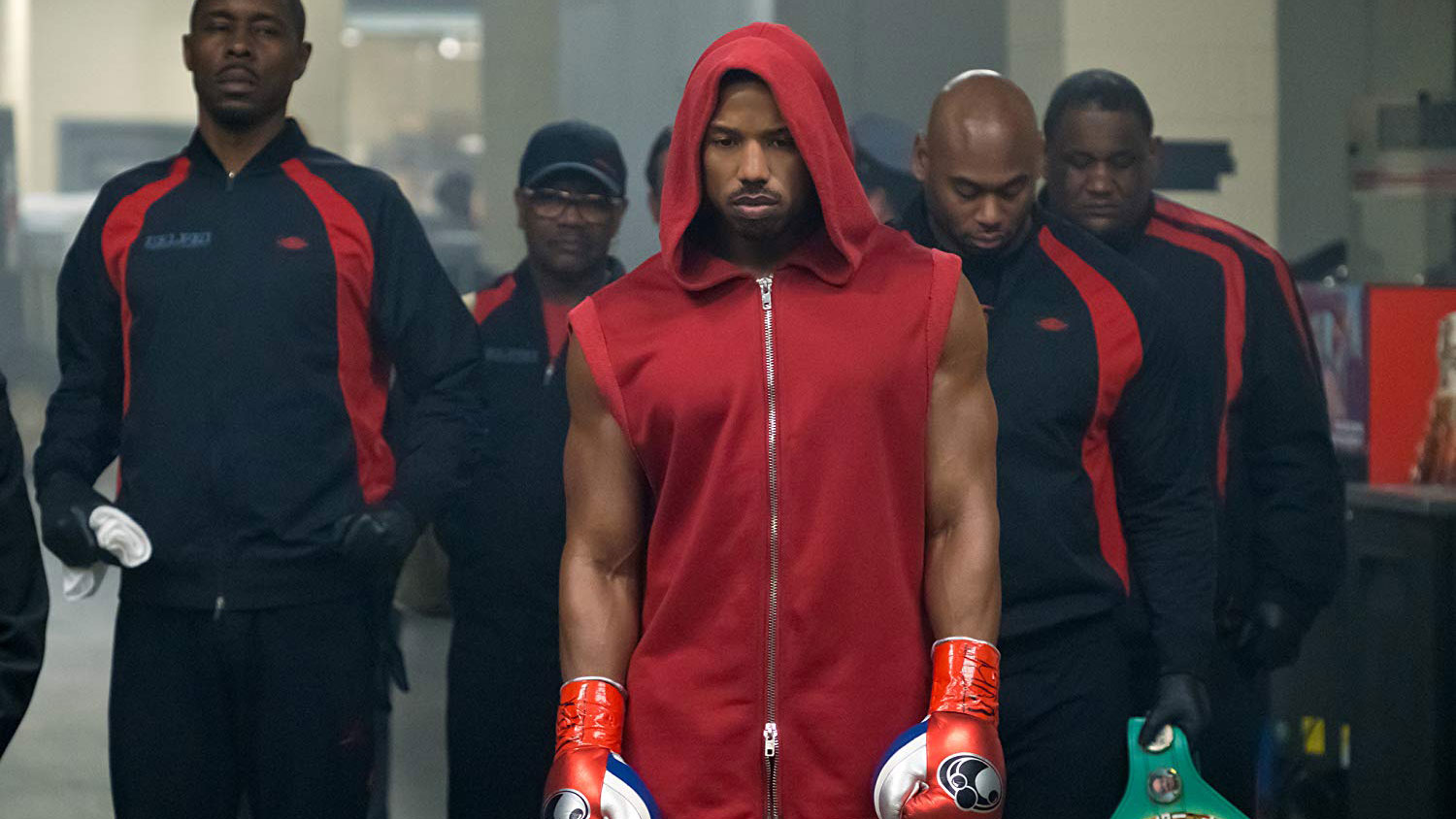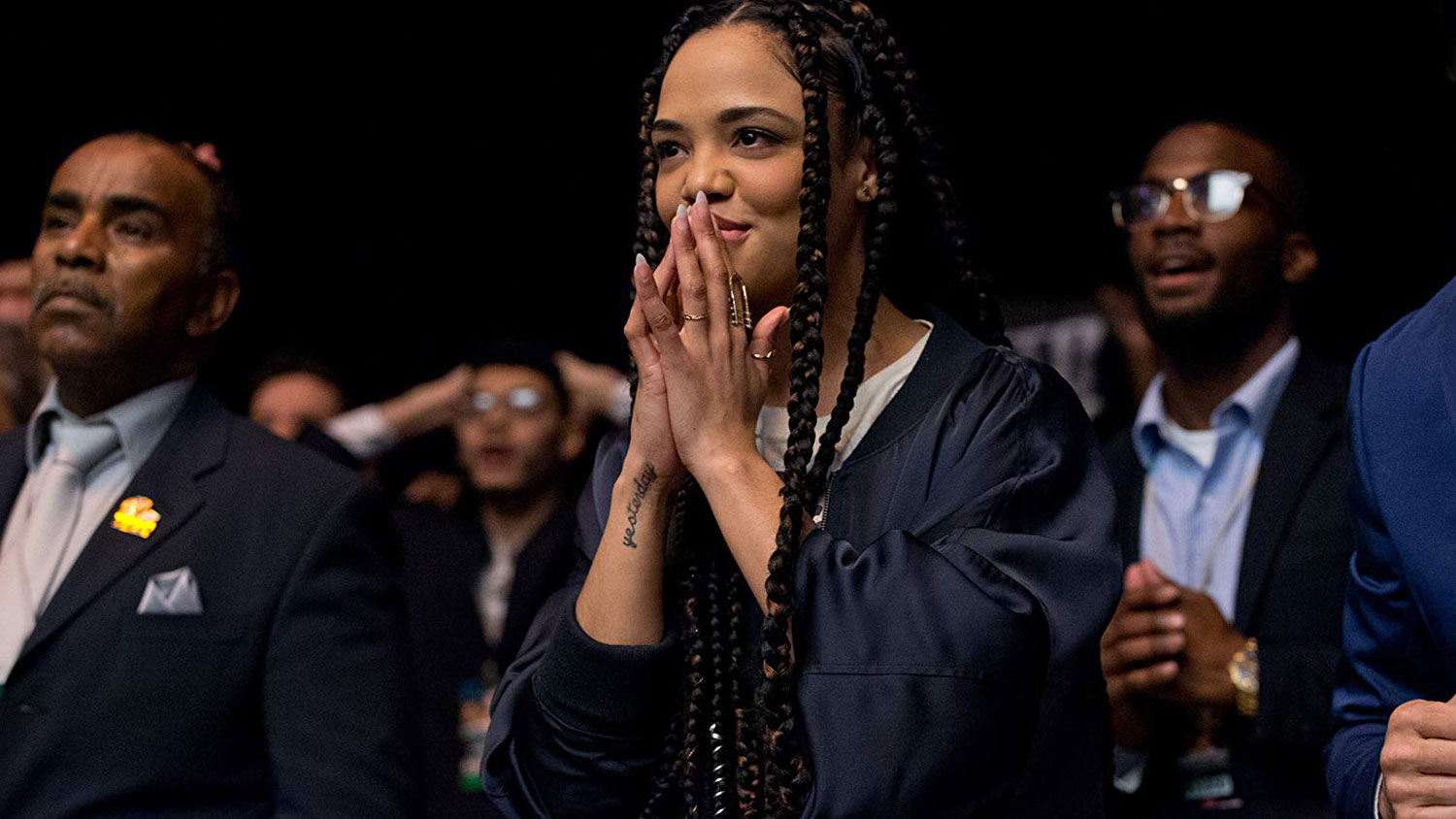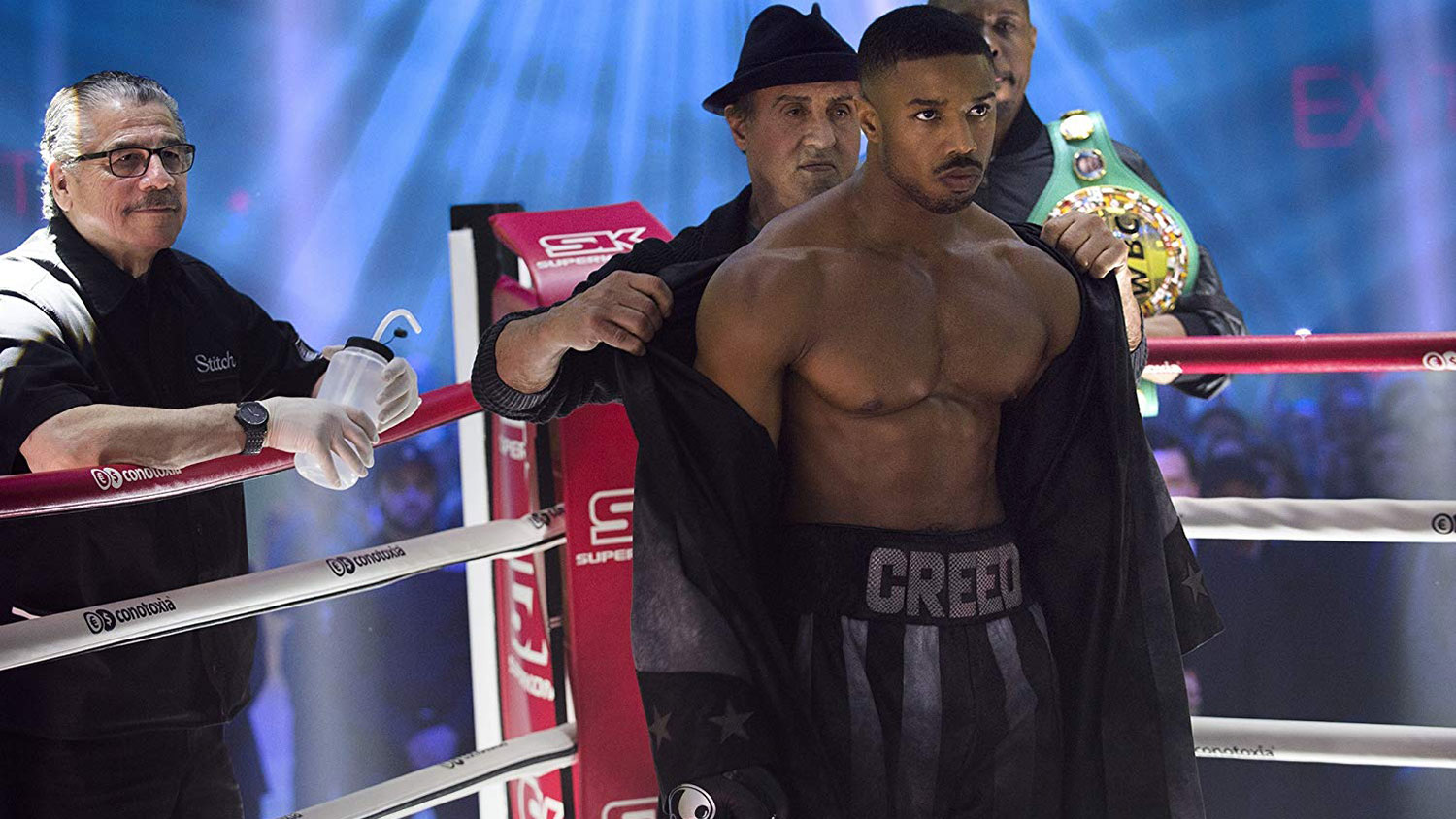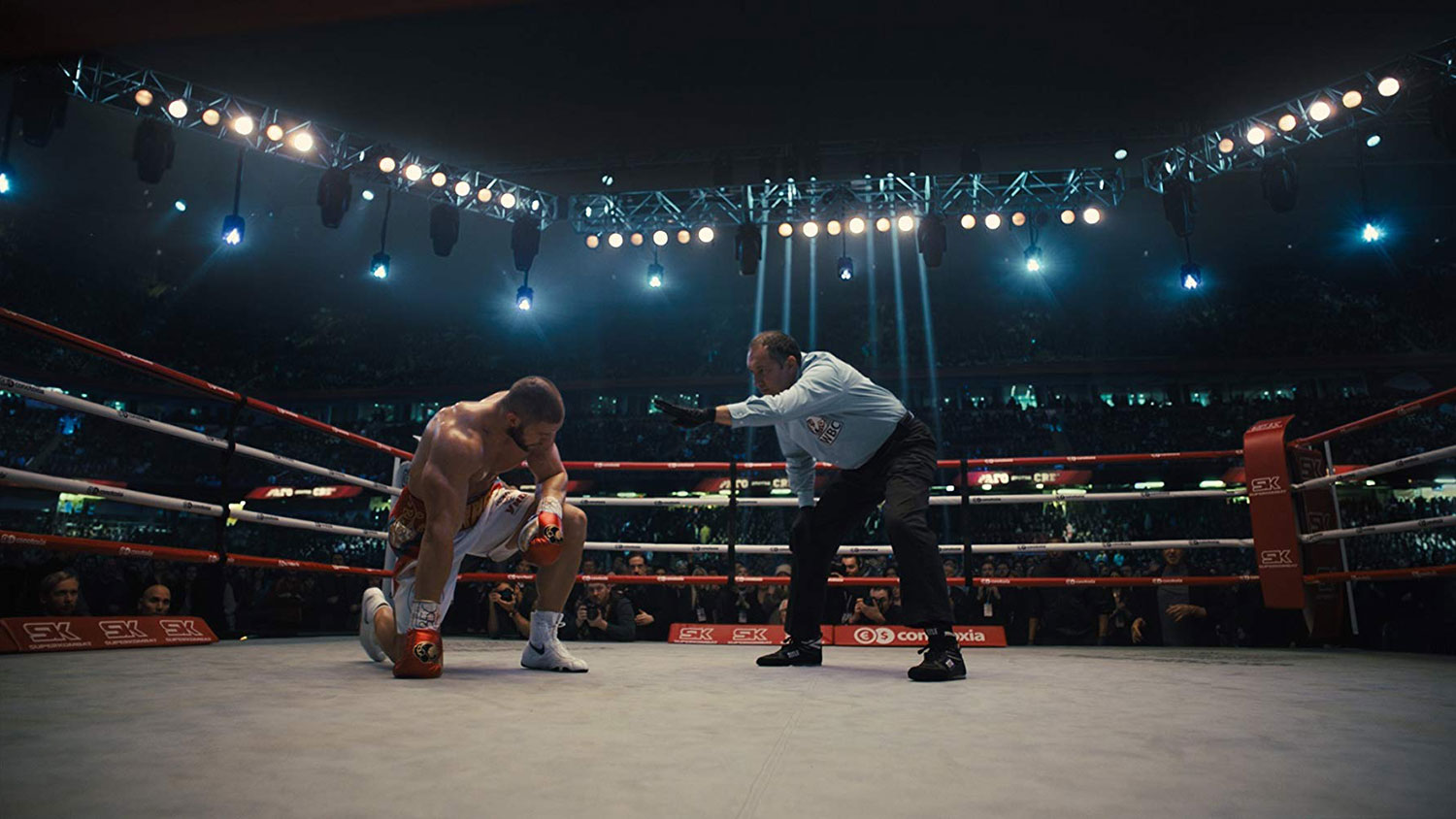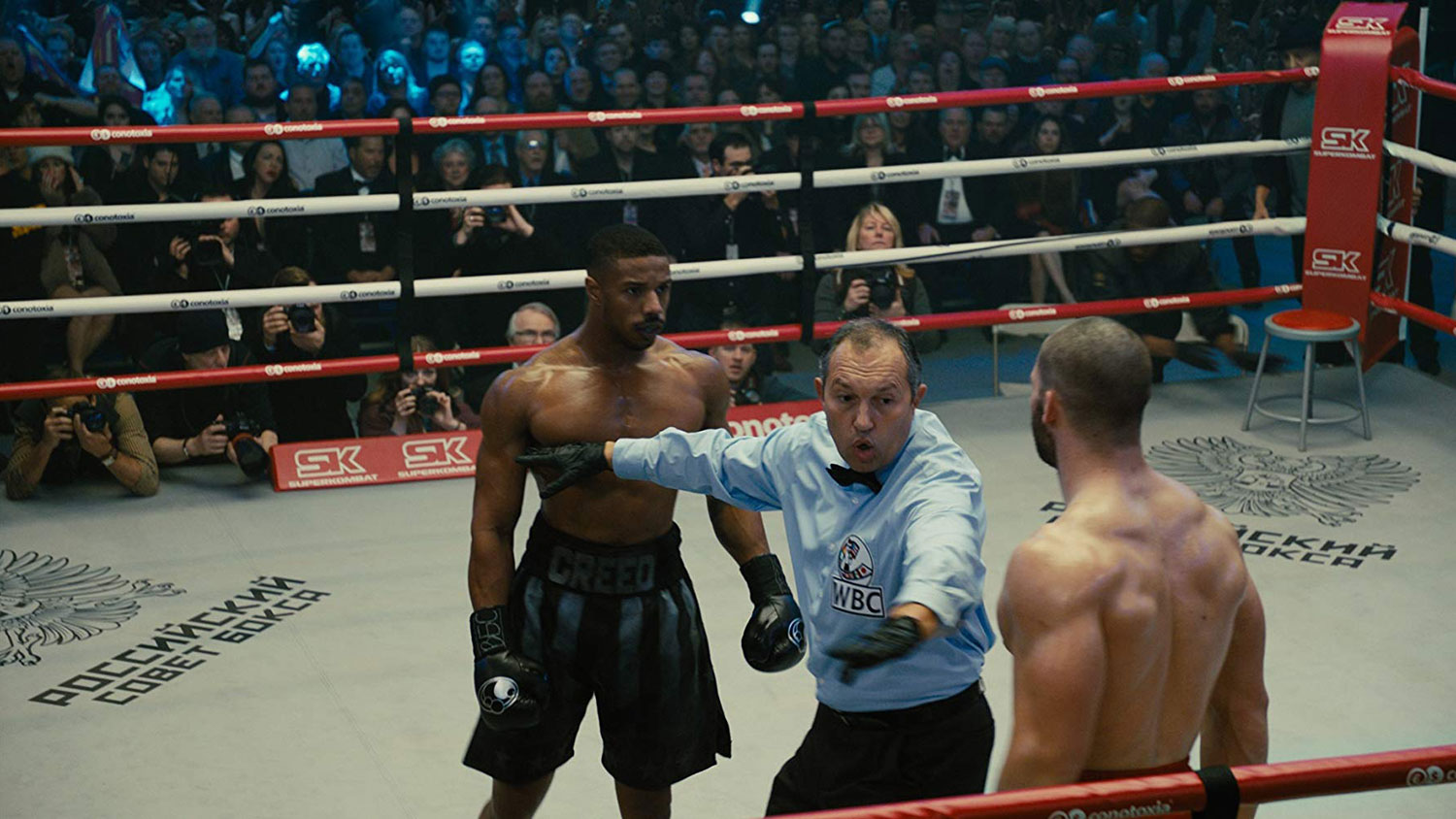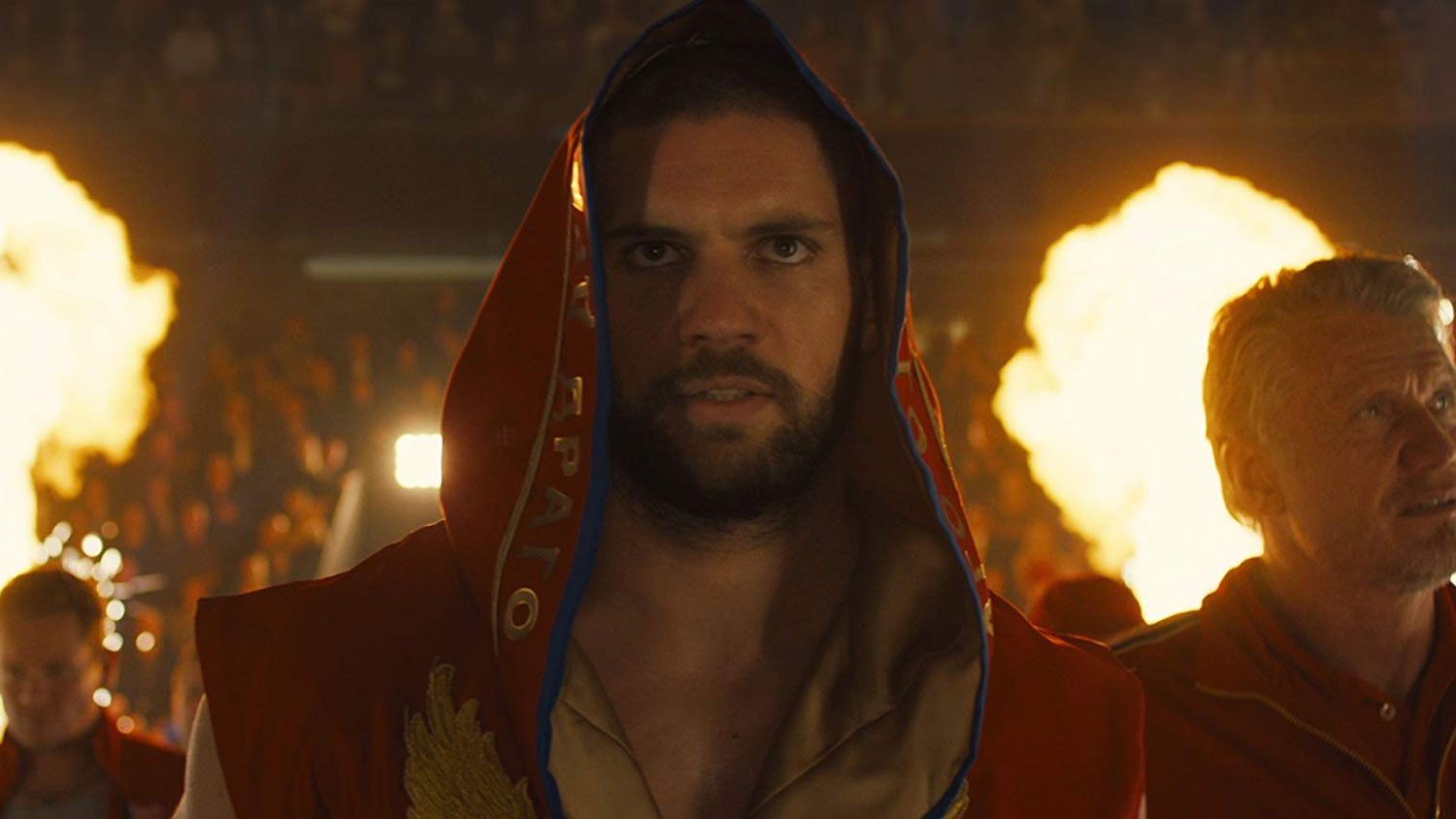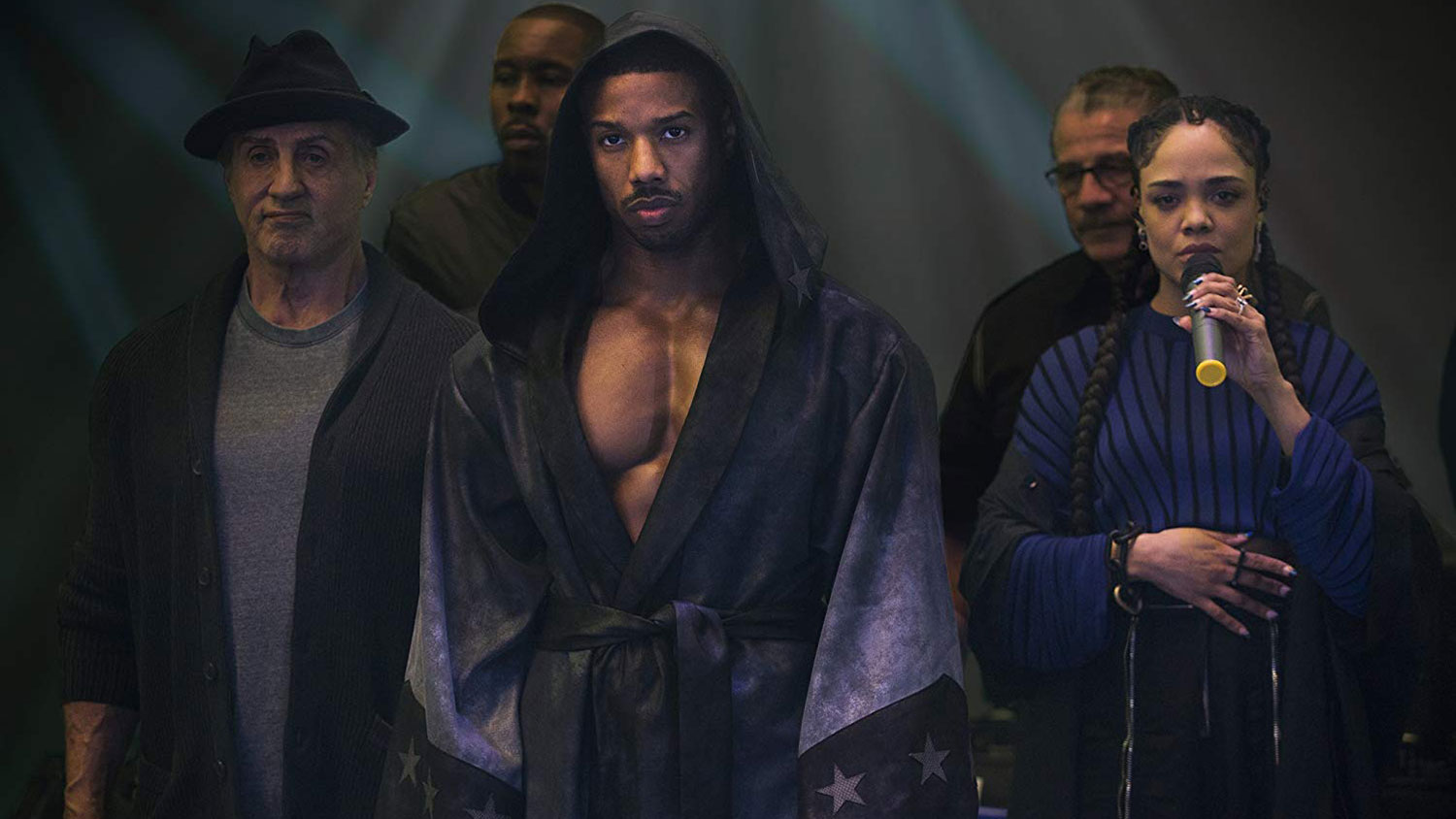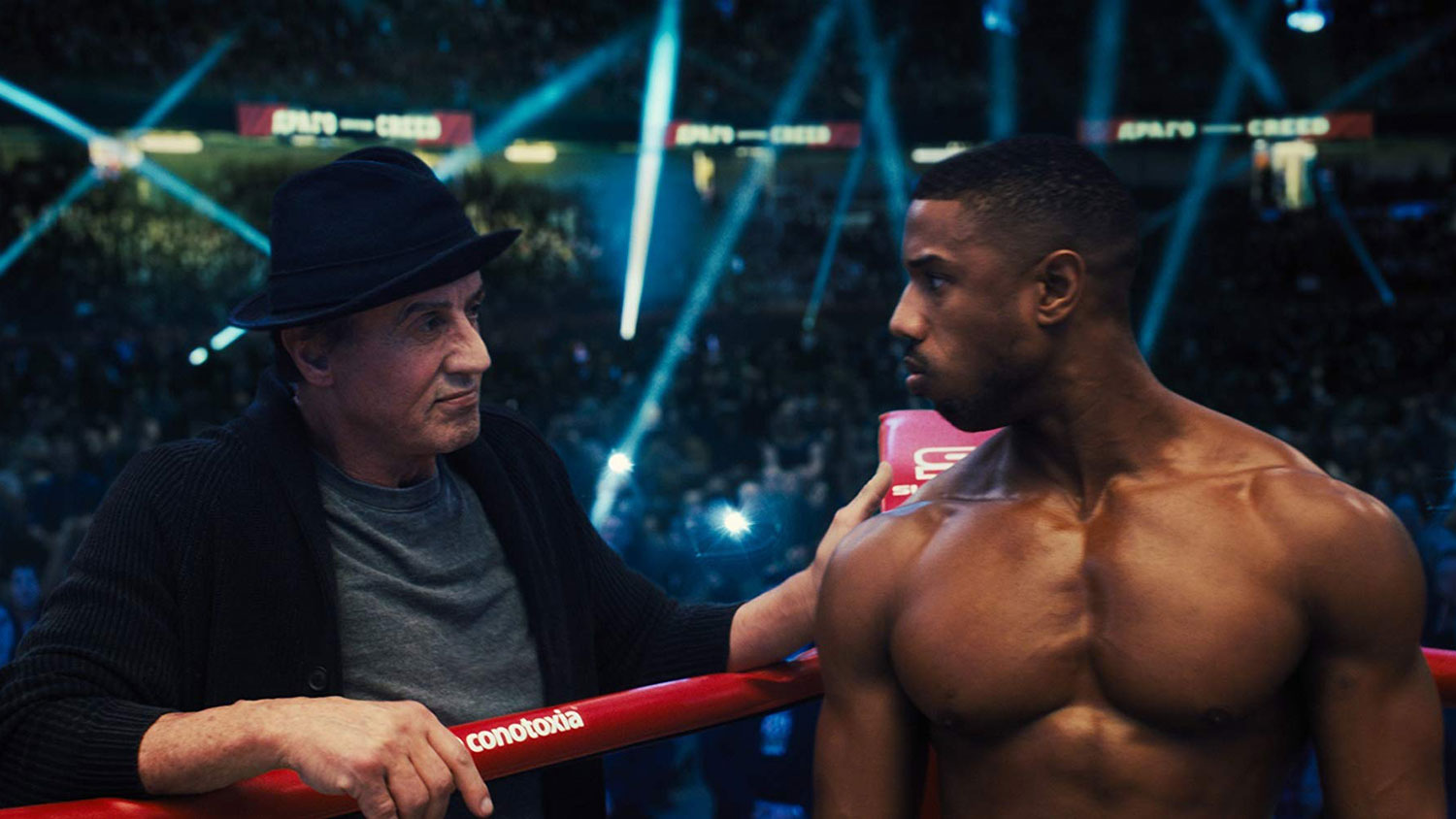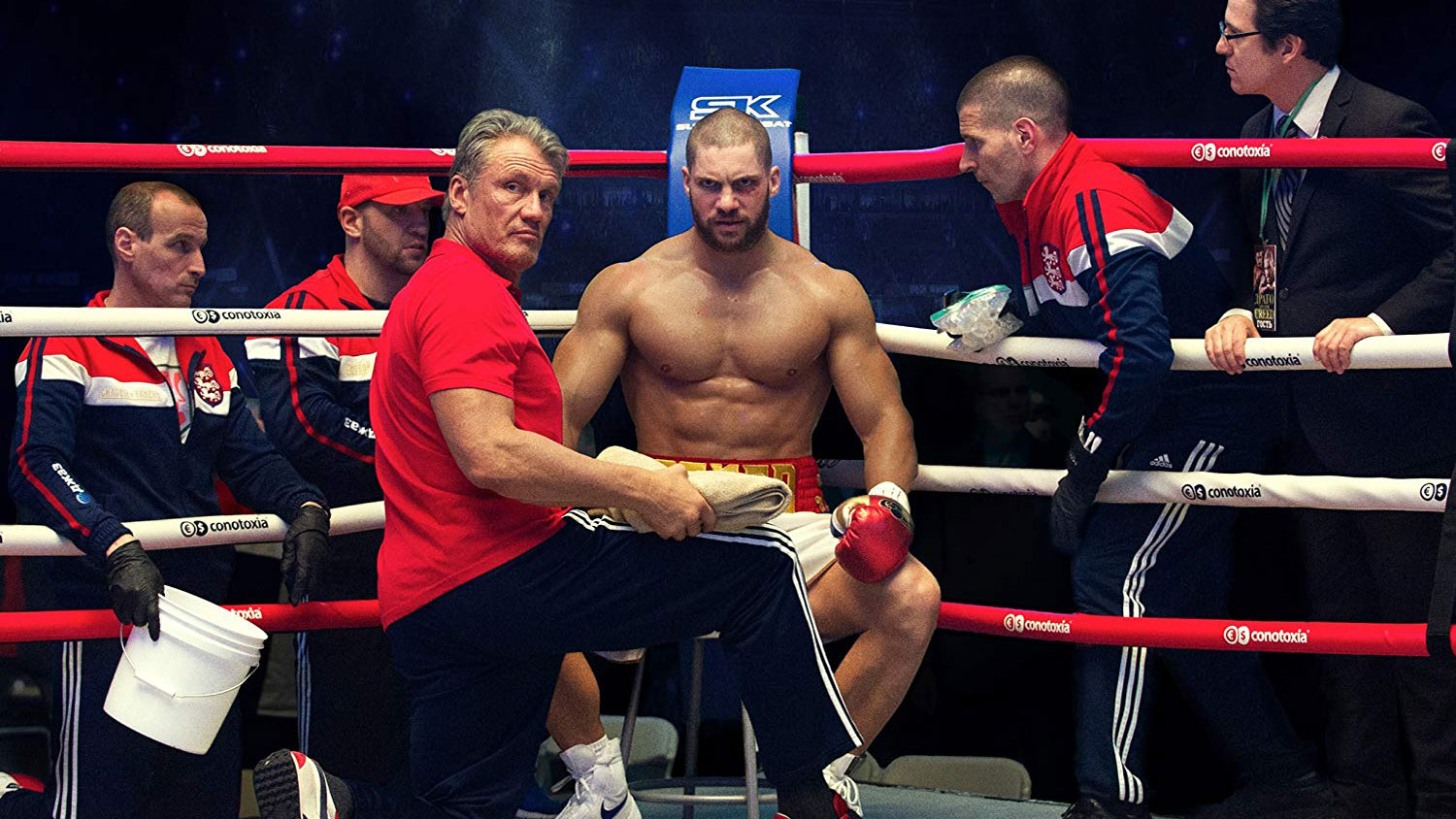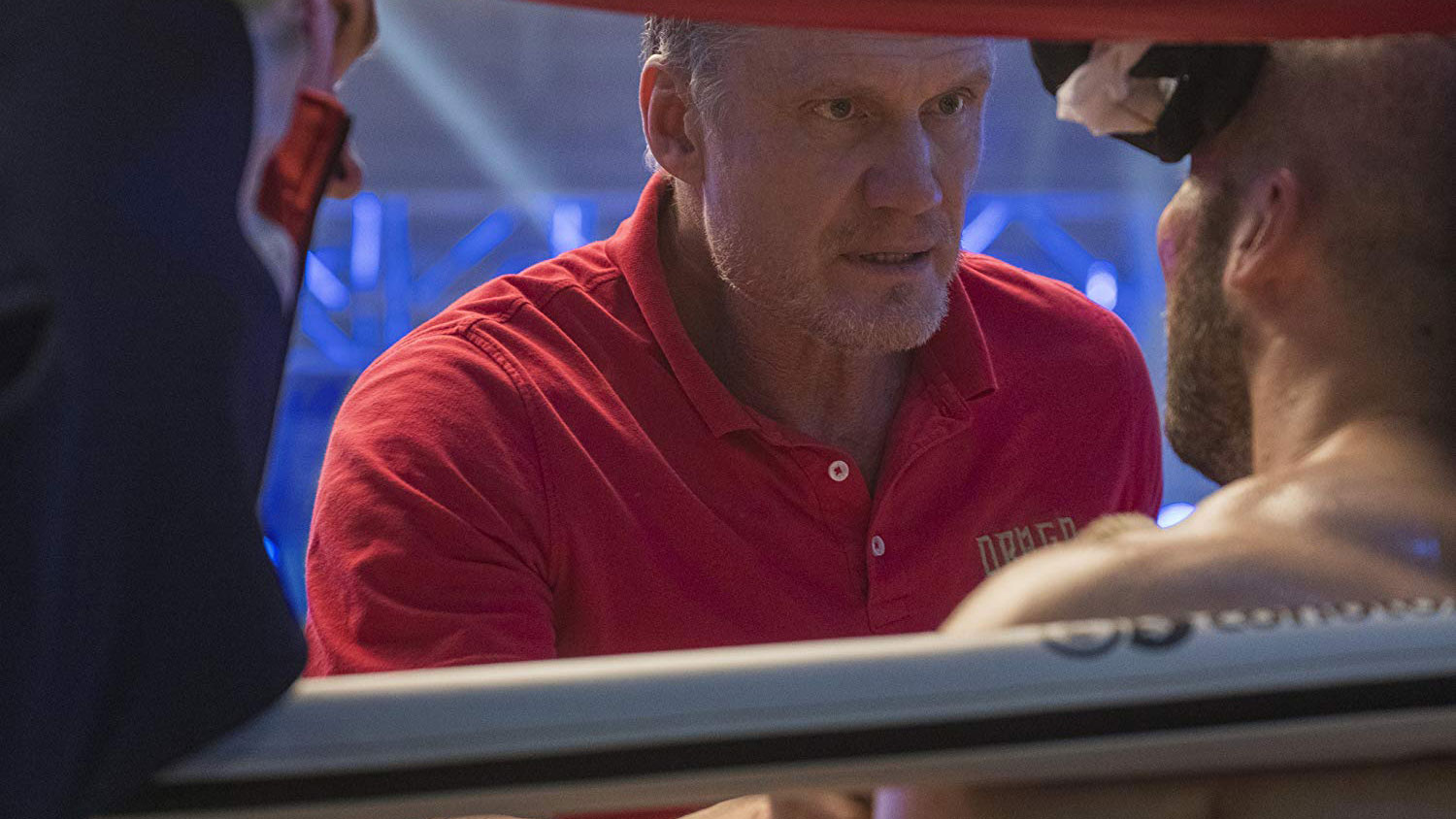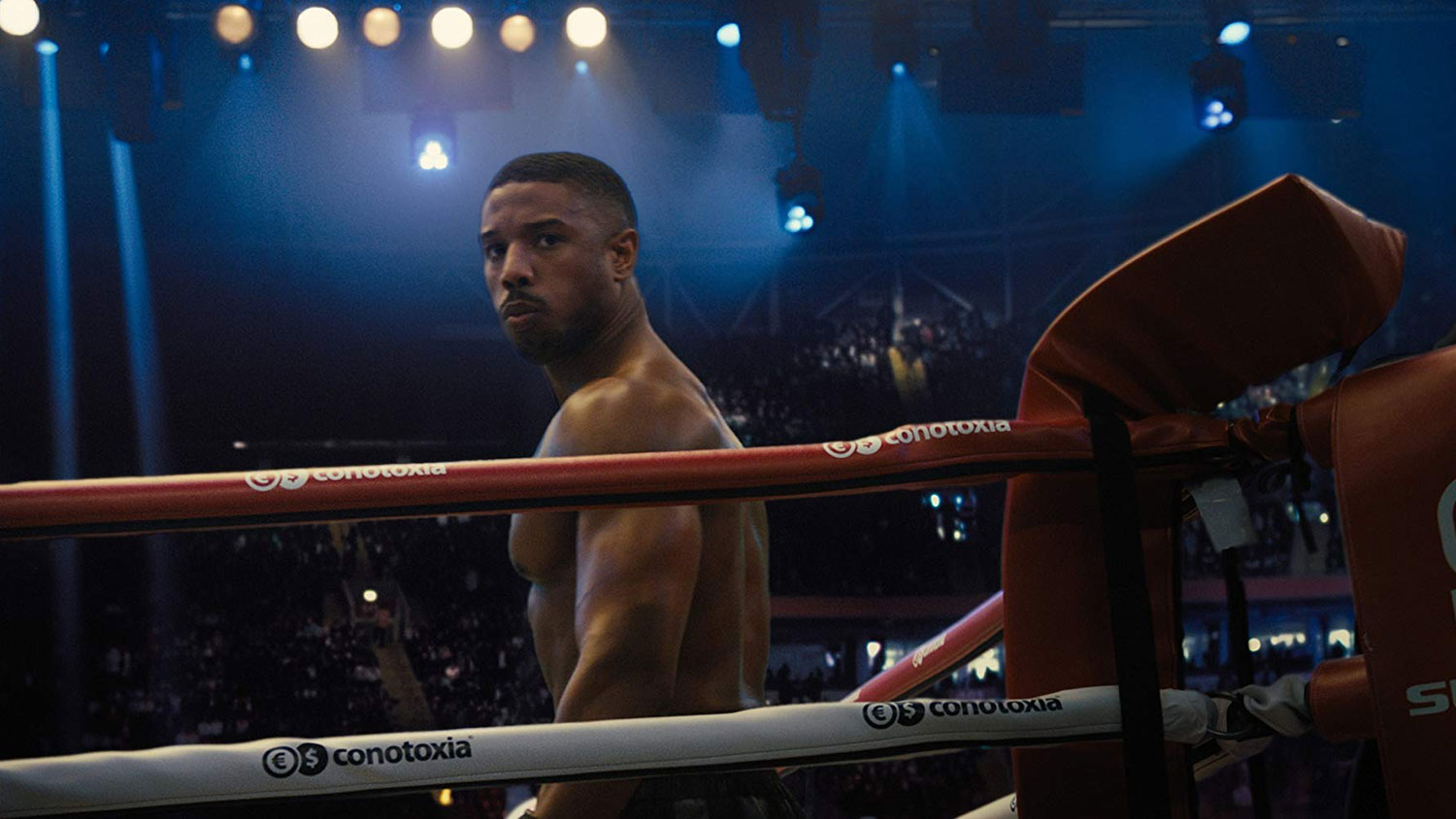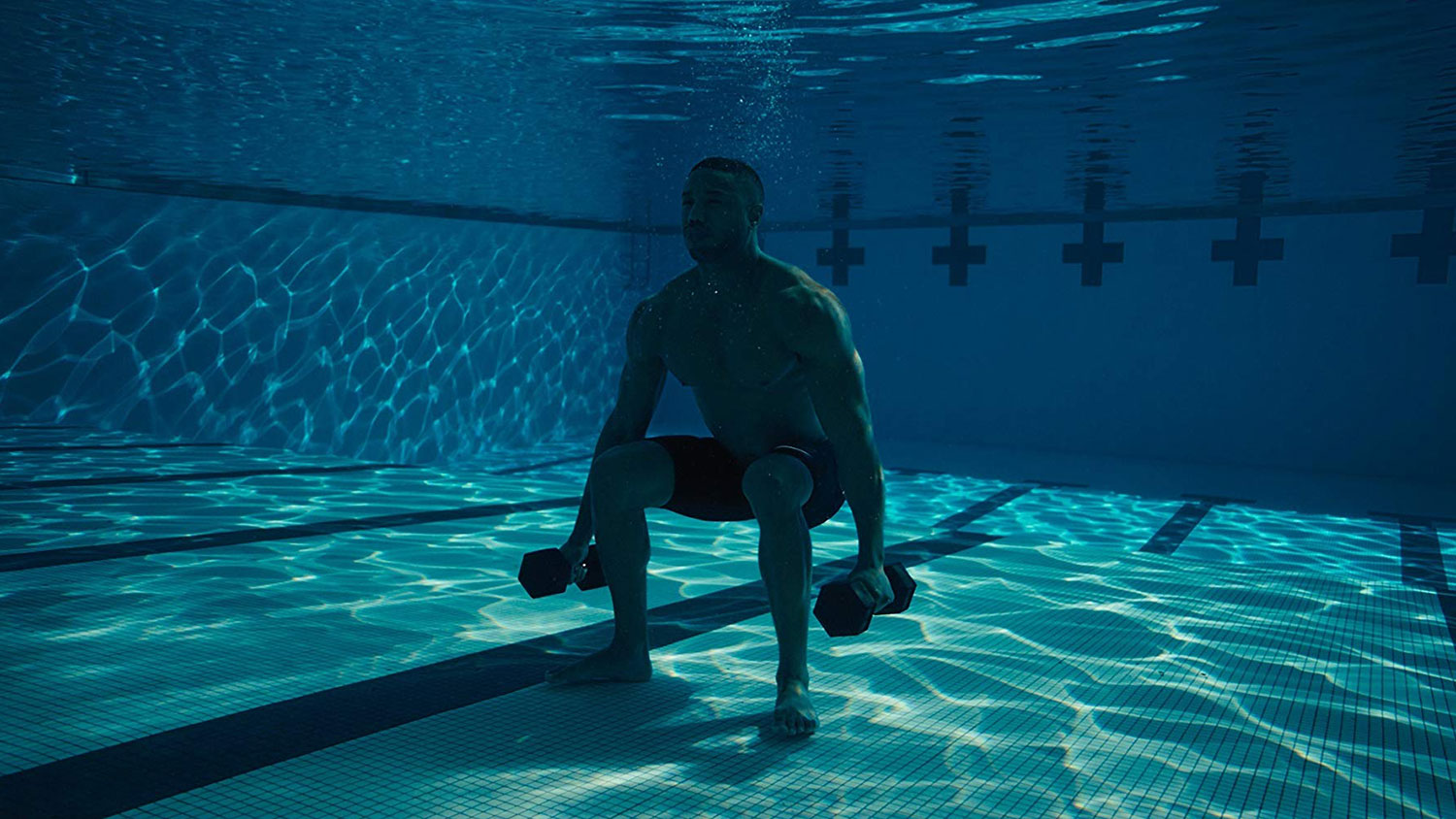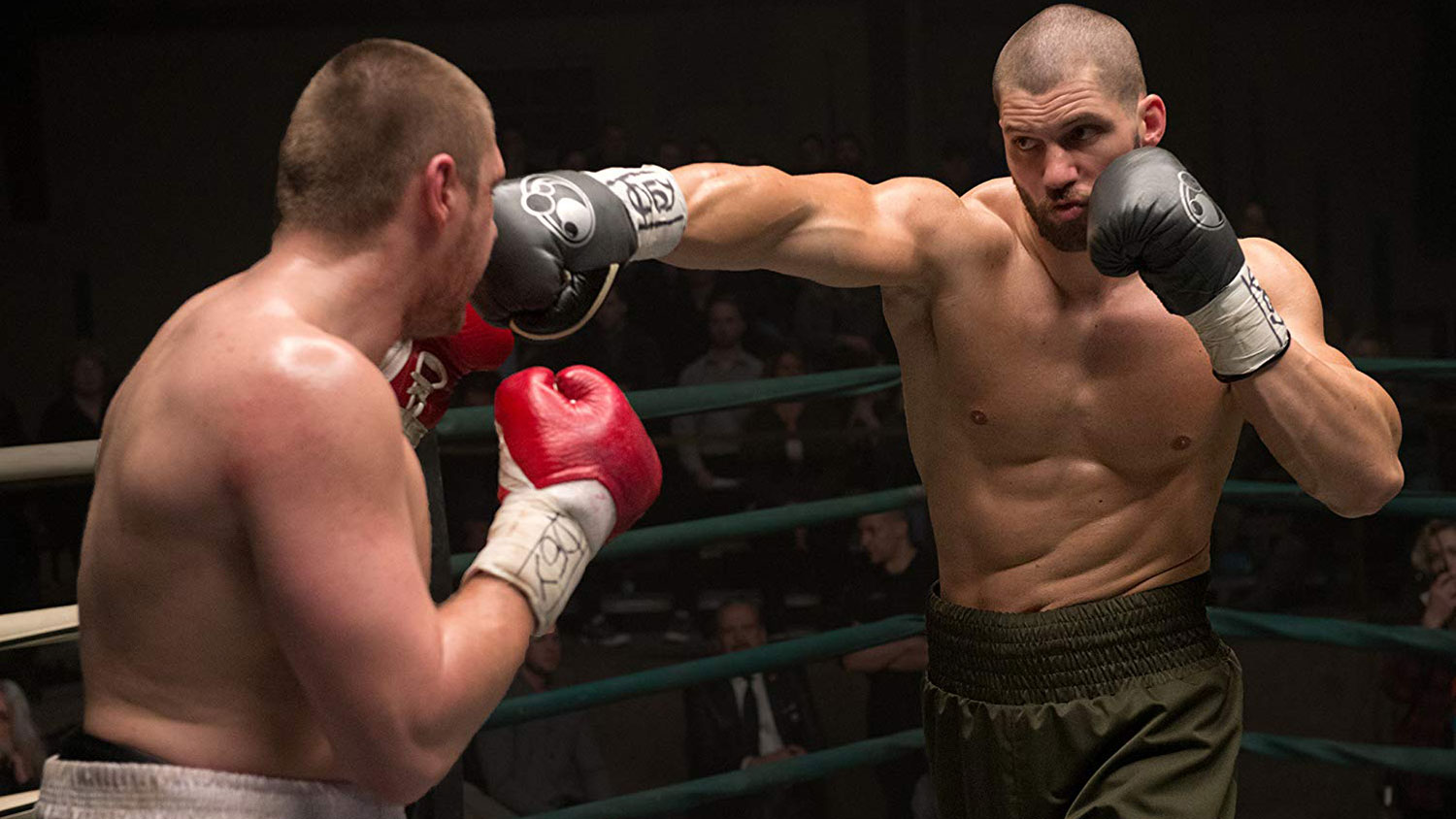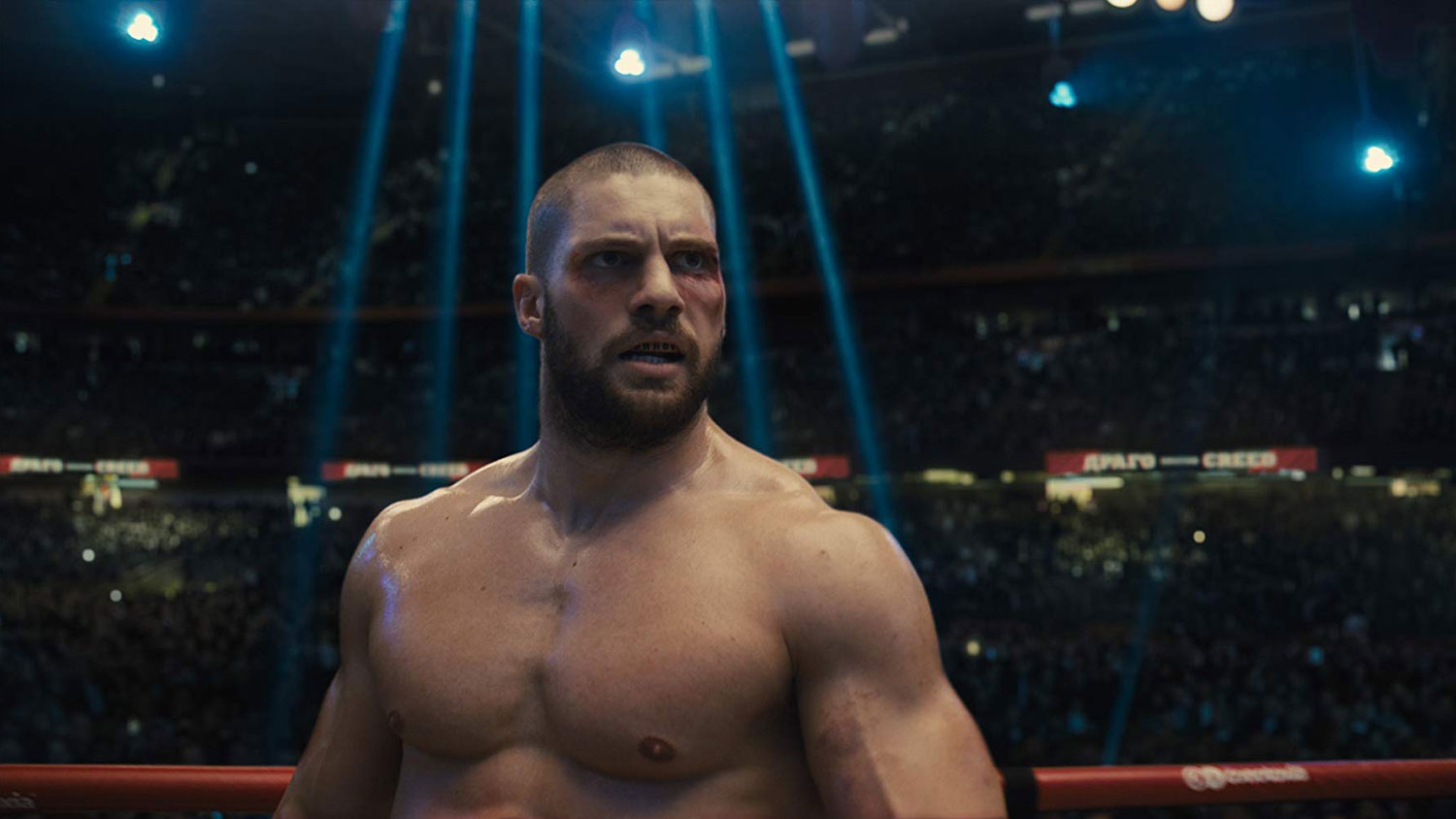We’ve reached the point in Hollywood’s timeline when everything old is new again — or at least, it tries to be.
It would be easy to dismiss Creed II as the latest nostalgic cash grab along those lines, given its liberal sampling of Rocky IV plot points, characters, and thematic elements. But that’s all just a feint.
Beyond all the trimmings of the Rocky rematch promised by Creed II, the film packs a surprisingly powerful punch, and offers a layered story about the power we give the past and the way our actions resonate now and into the future.
Recent Movie Reviews
Directed by Steven Caple Jr. (The Land) from a story penned by Cheo Hodari Coker (Luke Cage) and Sascha Penn (Power), Creed II follows boxer Adonis “Creed” Johnson (Michael B. Jordan) as he fights his way to becoming the heavyweight champion with former champion Rocky Balboa (Sylvester Stallone) by his side, only to be challenged by the son of Ivan Drago (Dolph Lundgren), the Russian boxer who killed his father in the ring years ago. Faced with an intimidating challenge from Viktor Drago (Florian Munteanu), the pressure to establish his own legacy outside of his father’s shadow, and impending fatherhood, Adonis must learn what he’s really fighting for if he’s going to stop the past from repeating itself.
The Rocky franchise had changed dramatically from the time of 1976 franchise-starter Rocky to 1985’s Rocky IV, with the original film prioritizing its characters’ emotional story arcs as they each fought in their own ways — some physically, some emotionally — for the lives they believed they deserved. Although it was released just nine years later, Rocky IV couldn’t be any more tonally different than the original, offering a story seemingly distilled from slogans on inspirational posters, wrapped up in a fist-pumping “U-S-A! U-S-A!” chant.
Whereas the narrative and themes of Rocky IV never dipped below surface level, Creed II takes many of those same elements and takes a deeper dive into why they drive — and in the case of Rocky himself, initially drove — the characters to make the decisions they made and fight the battles they fought. Are Rocky’s reasons for stepping into the ring against Ivan years ago and avenging the death of Adonis’ father, Apollo Creed (Carl Weathers), as valid as Adonis’ desire to do the same by fighting Viktor? And how much power should we give the past?
These are the sort of tough questions that Creed II asks amid all of the punches being thrown and cheer-worthy training montages, and they give the film a depth that Rocky IV never explored.
Much like its predecessor, Creed II benefits from focusing on its characters and their personal story arcs over the action in the boxing ring, and returning cast members Jordan, Stallone, Tessa Thompson, and Phylicia Rashad all deliver strong performances. Jordan in particular is given the chance to cover a wider range this time around, and he carries the weight of the franchise well. More so than the previous film, Creed II feels like Adonis’ story now, and less of a franchise on loan from Rocky.
Along with all of the emotional depth and impressive performances in Creed II, there’s also a sneaky self-awareness to the movie that makes it even more entertaining.
Lundgren and Munteanu also bring a pleasantly surprising level of depth to their characters, with Creed II revealing Ivan’s side of the story and how his loss to Rocky years ago affected him in ways that shaped not just his life, but that of his son. No longer a one-dimensional villain, Ivan Drago is a fully fleshed-out person in Creed II, and his arc — as well as his son’s story — add even more threads to the film’s tapestry of all-too-human characters and their lives.
Along with all of the emotional depth and impressive performances in Creed II, there’s also a sneaky self-awareness to the movie that makes it even more entertaining.
In the role of a charismatic fight promoter, Grimm and Fences actor Russell Hornsby doesn’t get very much screen time, but his role is one that provides some of the film’s most timely commentary on popular culture and the power of nostalgia. Pushing Adonis to accept the challenge from Viktor, Hornsby’s character could just as easily be addressing every person who has ever complained about yet another remake, sequel, or reboot to come out of Hollywood.
Whether they realize it or not, this is the story they want to see play out, he explains. It’s a familiar drama, and one that doesn’t come organically. It’s manufactured because it will sell, and because there are such simple, powerful emotions we can easily attach to it.
Hornsby’s character only has a few lines, but they pack a self-aware punch that take Creed II to another level.
Despite the success of Creed, it was reasonable to wonder whether a sequel could maintain the positive “old is new again” vibe that made the reboot such a critical and commercial hit. Thanks to the great performances by its cast and some inspired filmmaking and storytelling from its creative team, Creed II doesn’t just go the distance — it delivers another knockout win for one of Hollywood’s most popular franchises.
